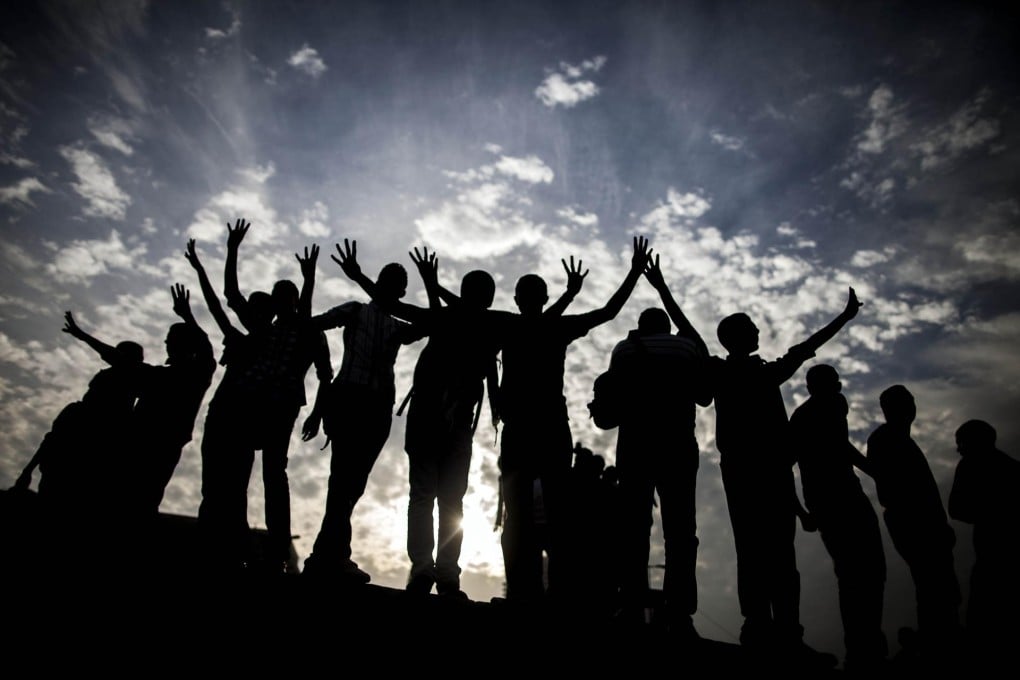Draft Egyptian constitution unlikely to lead to fundamental change: analysts
On paper, a draft Egyptian constitution - which was made publicly available in its entirety for the first time over the weekend - appears to afford citizens important new rights, including criminalising torture and human trafficking and requiring that the state protect women from violence.

On paper, a draft Egyptian constitution - which was made publicly available in its entirety for the first time over the weekend - appears to afford citizens important new rights, including criminalising torture and human trafficking and requiring that the state protect women from violence.
But experts say the draft text also gives privileged status to institutions that have repeatedly thwarted change during Egypt's years of revolutionary turmoil, including the police, seen as the main instigator of abuses.
On Saturday and Sunday, the committee that helped draft the charter held a televised voting session and approved its 247 articles. The draft is intended to replace a constitution passed by a public vote last year during the tenure of former president Mohammed Mursi, who was ousted by the military in July. Officials in the new military-backed government have said that the draft would be put to a referendum later this month .
Despite notable improvements over earlier constitutions, analysts said the draft was unlikely to lead to the kind of fundamental change that Egypt sorely needed.
The draft, like others before it, was based on Egypt's 1971 constitution, which the writers have repeatedly returned to "like it's a bible", said Zaid al-Ali, a Cairo-based constitutional expert with the International Institute for Democracy and Electoral Assistance. "It's remarkable that, in a revolutionary environment, you don't have a revolutionary constitution," he said.
Recently, the voices clamouring for change have grown louder. The government has faced anger for what critics say is an authoritarian turn, including passing a repressive protest law that has led to a renewed crackdown on demonstrations by students and non-Islamist activists. On Sunday, officials said they had extended the detention of activist Alaa Abdel Fattah, who is charged with violating the protest law.